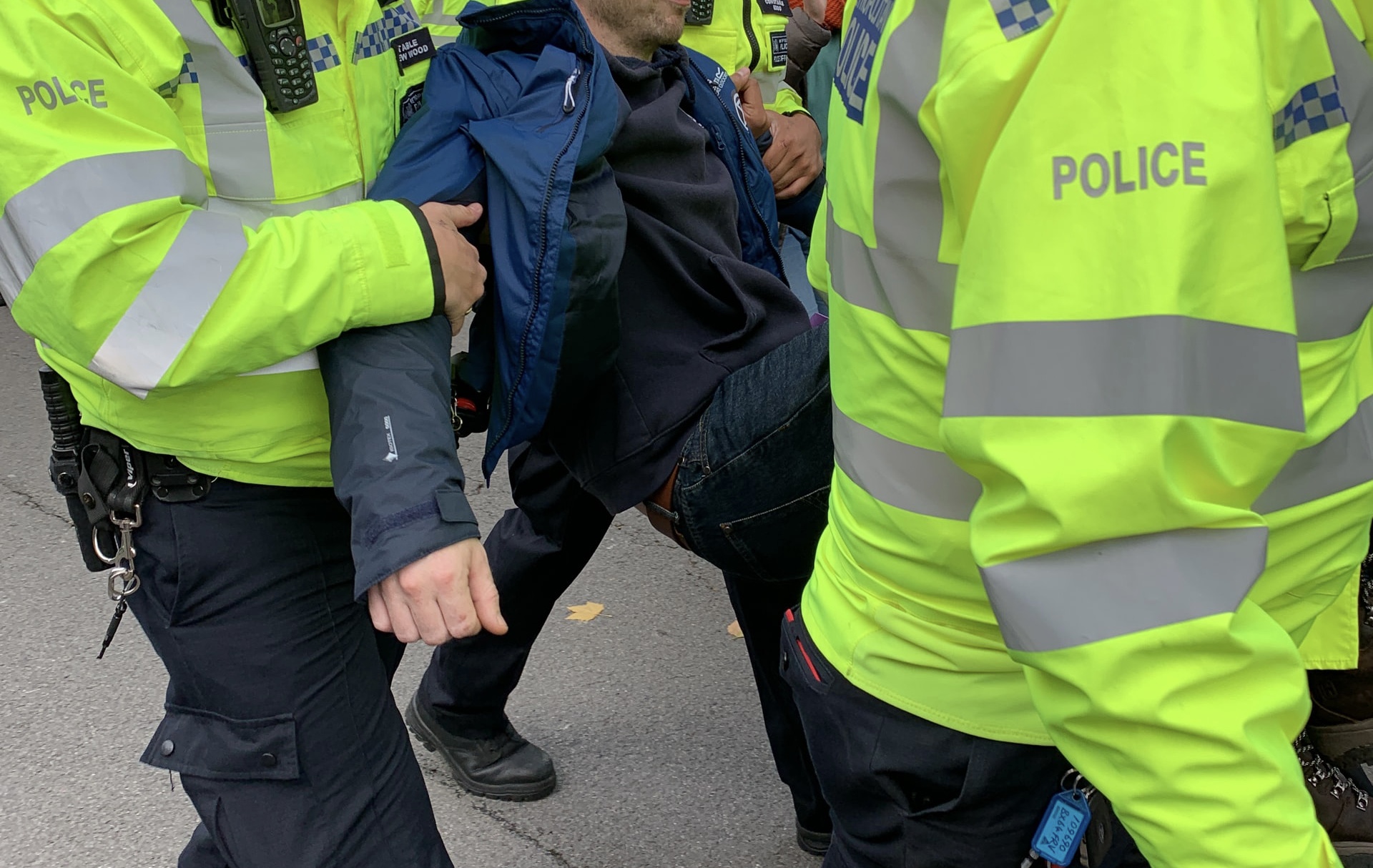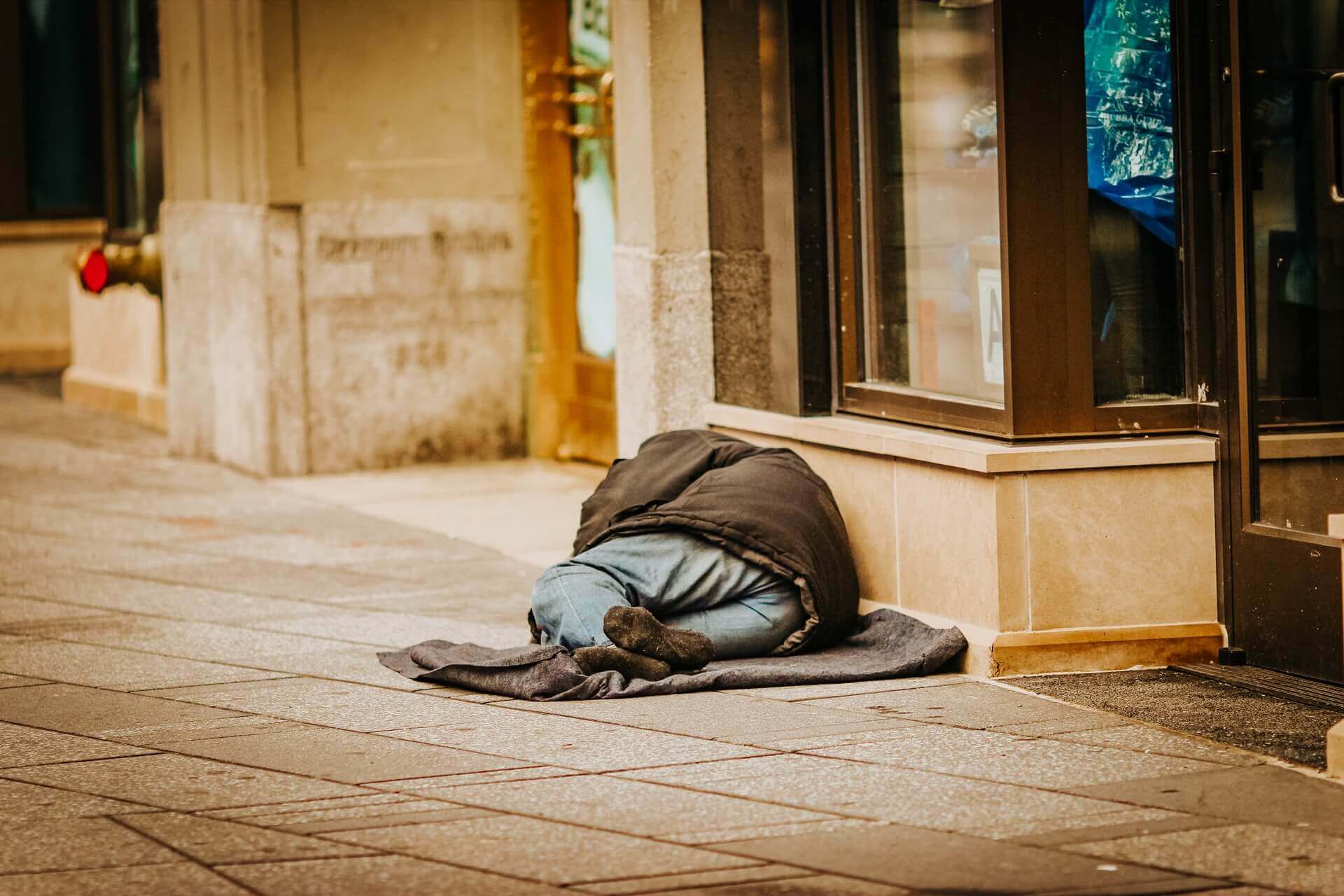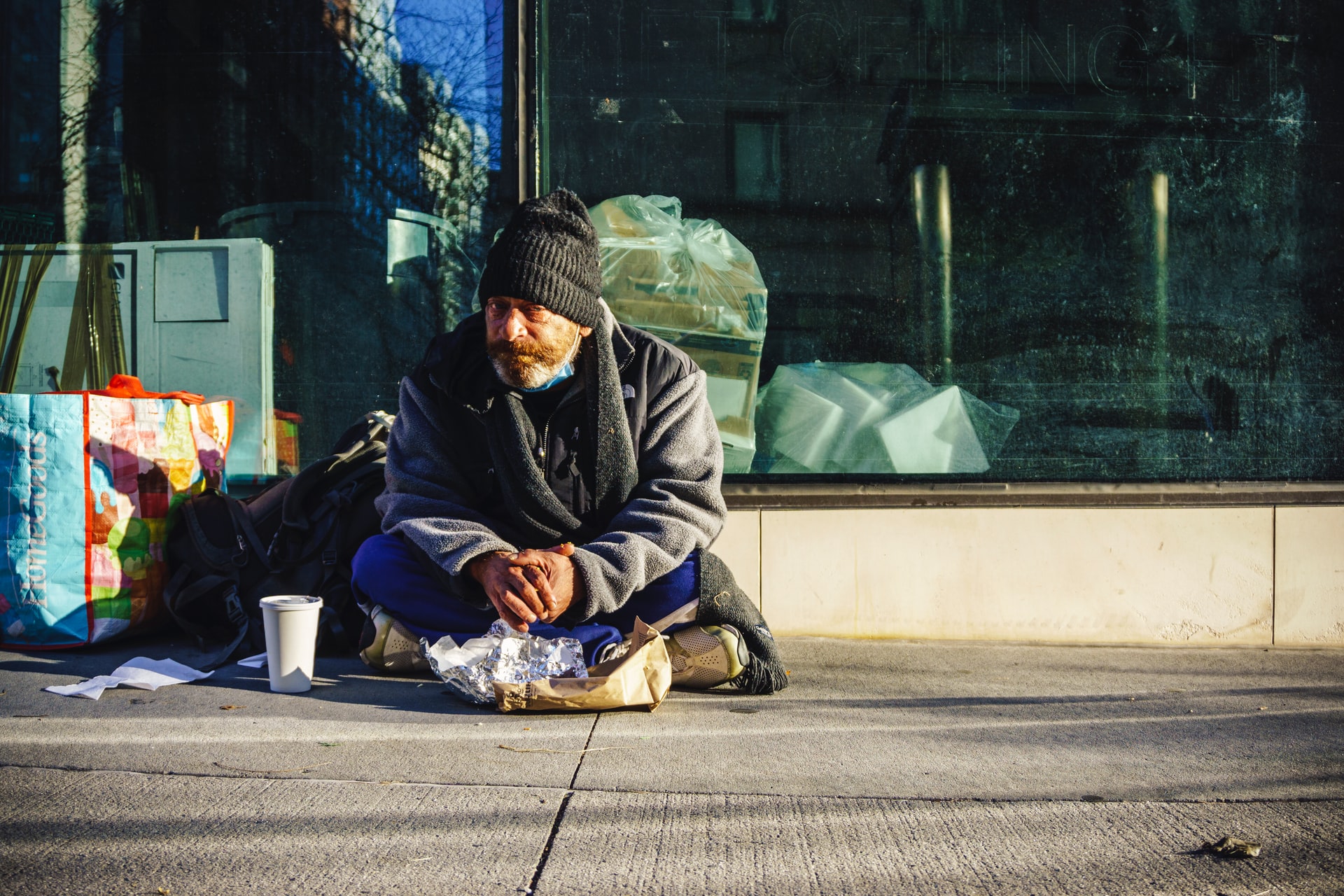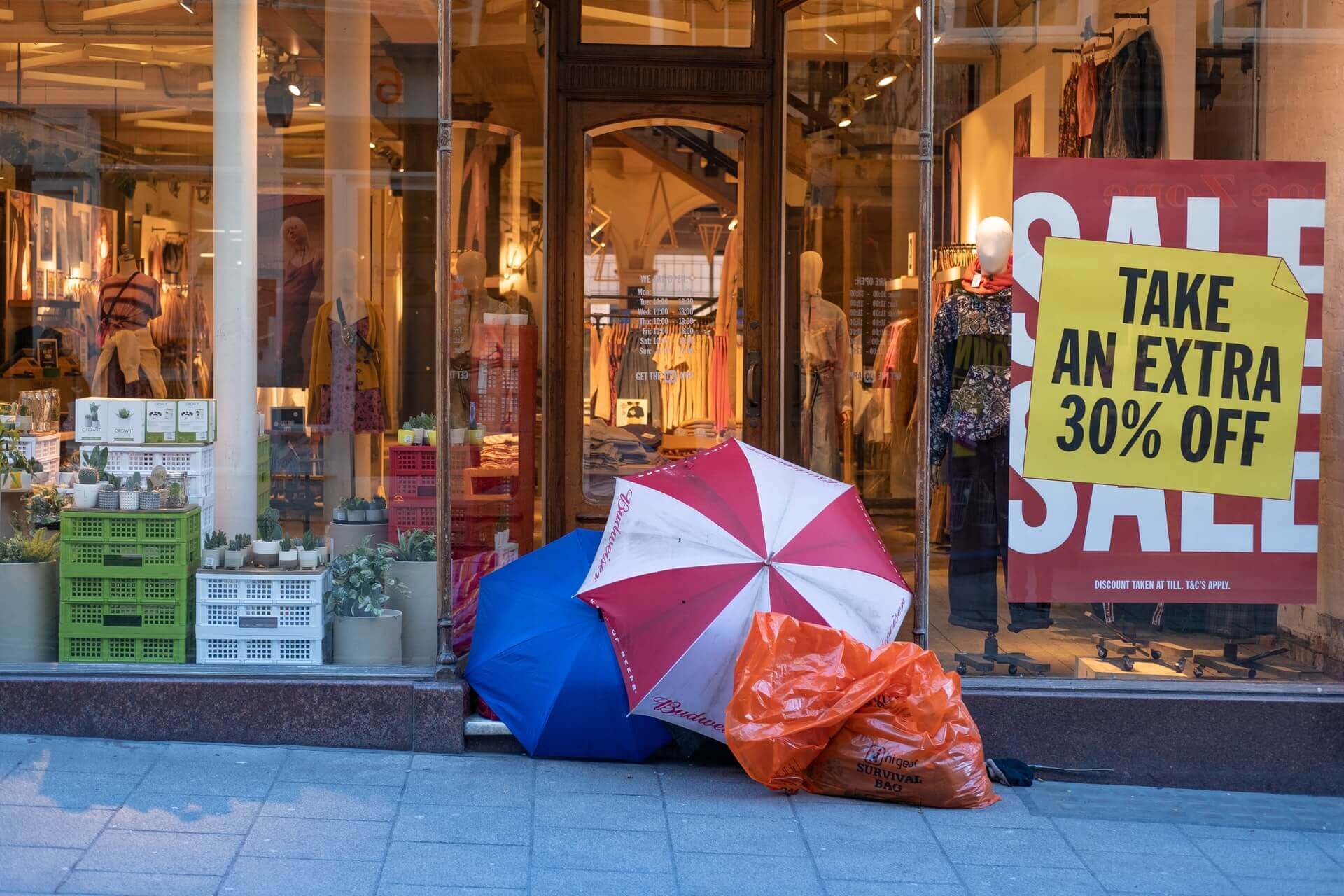
- Better Society -
- 5mins -
- 344 views
Arcane UK Law criminalising homeless people to be scrapped after 200 years
The UK is finally set to repeal the law allowing police to arrest rough sleepers, after the government submitted an amendment to the Police, Crime, Sentencing and Courts Bill that will spell the end for the “offensive and outdated” law.
Uk Law criminalising homeless people to be abolished
The Government of the United Kingdom has announced it will be repealing the 1824 Vagrancy Act that criminalises rough sleeping and begging in England and Wales.

Law criminalising the homeless to be scrapped
Campaigners, MPs and Peers have long been calling for the 1824 Vagrancy Actto be scrapped, warning the ‘archaic’ legislation is ‘inhumane’ and unfit for purpose.
The Government tabled an amendment to the Police, Crime, Sentencing and Courts Bill on Monday 21 February 2022.
Matt Downie, chief executive of the homeless charity Crisis, said: ‘This offensive law does nothing to tackle rough sleeping, only entrenching it further in our society by driving people further from support. We know there are better, more effective ways to help people overcome their homelessness. We thank the UK government for using the policing bill to finally consign this appalling act to history, where it belongs. We look forward to working with them to finish the job without delay and ensure the criminalisation of destitution is over.’
Robert Jenrick, the former housing minister, added: ‘The Vagrancy Act is an archaic piece of legislation which creates a wholly unnecessary obstacle that homeless people must overcome in order to rebuild their lives. I welcome the action that is now being taken to put repeal into law and I urge the government to continue to work with charities, including Crisis, on the detail of its implementation.’
Source: LocalGov.co.uk

What exactly is the vagrancy act?
The Vagrancy Act is a piece of legislation which is almost 200 years old. The Act makes it a criminal offence to be homeless, rough sleep, or beg. On Tuesday, 22 February 2022, it was finally scrapped by the Government.
The 1824 Act has long been considered outdated, many argue that it fails to address the issues and challenges relating to homelessness and rough sleeping in the 21st century. It was initially created to stop ex-soldiers from begging following the Napoleonic Wars, and to punish those from Traveller communities who were lodging in tents and wagons.
These laws still applied until now and have been used to arrest and fine individuals who are sleeping rough. Most homelessness organisations agree that the use of police powers should be a last resort when dealing with rough sleepers, only for when there is criminal behaviour involved. The use of the Act has been slowly declining over recent years, but when used it is dehumanising and criminalises those in situations outside of their own control.
Helen Litherland, Executive Director of Housing, Care and Support at Trident Group said:
“It is time to repeal such antiquated legislation that criminalises rough sleeping and can leave those convicted with a two-year criminal record and the risk of a fine of £1,000. The Act does nothing to help resolve and tackle causes of homelessness; and we know through our experience of supporting homeless people sleeping rough that a compassionate, trauma-informed approach is far more likely to help someone access support, move away from the street and into accommodation. We work in partnership with the Police and other agencies to ensure that people identified to be sleeping rough have a pathway from the street into services and accommodation.”
A proposal to scrap the Act was originally part of a vote to amend the Police, Crime, Sentencing, and Courts Bill. Read the amendments on pages 17 and 18 here. With this amendment, there is hope that decriminalising rough sleeping will aid the move to a more holistic approach to homelessness which is needed.
Source: TridentGroup.org.uk

government wants to end rough sleeping by the end of the current Parliament
Under the law (which has already been repealed in Scotland and Northern Ireland) police have the power to arrest people found in enclosed places or caught begging in public. The legislation, which dates back to 1824, initially referred to people sleeping in carts and wagons and imposed a penalty of up to a month’s hard labour.
In recent years, police forces have said they were moving away from arresting people under the act in favour of more "meaningful solutions". Speaking in 2019, Supt Ian Green of the West Midlands Police said the law "often ends with people being given fines they can’t afford to pay or being sent to prison, which only exacerbates their problems".
In the same year, data obtained by the BBC found that arrests under the act in England had halved between 2016-2018.
Liberal Democrat Layla Moran, who has campaigned for the change, said she was "elated that we have consigned this archaic and cruel law to history. No one should be criminalised for sleeping rough, especially by a piece of legislation passed in the Georgian era.”
Matt Downie, head of homelessness charity Crisis, welcomed the repeal as a "a landmark day in the fight against homelessness. This won’t build homes but it is a turning point in how people are treated."
The government has said it wants to end rough sleeping by the end of the current Parliament. MPs will vote on the amendment next week when the Police, Crime, Sentencing and Courts Bill returns to the House of Commons.
Source: BBC


